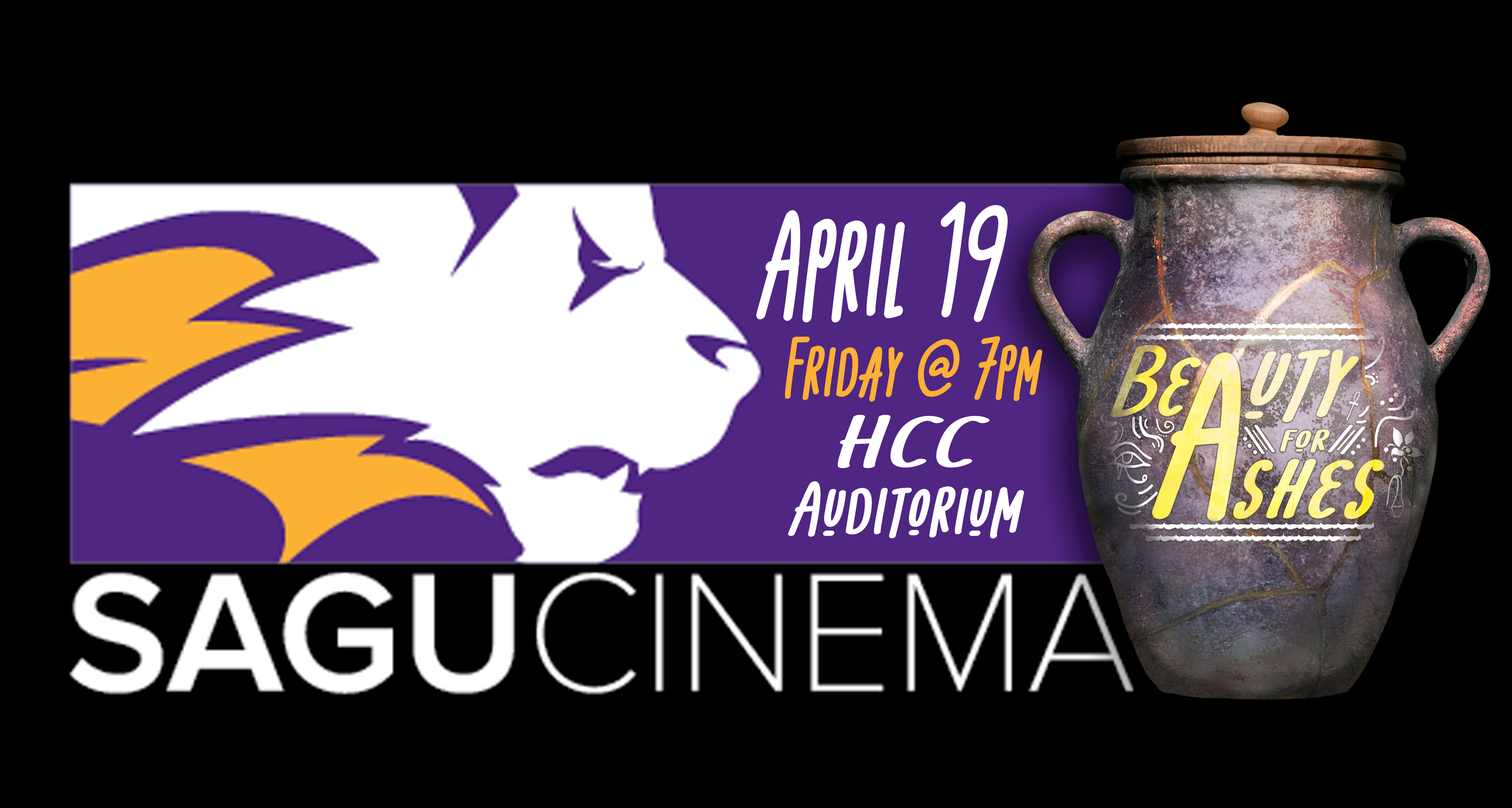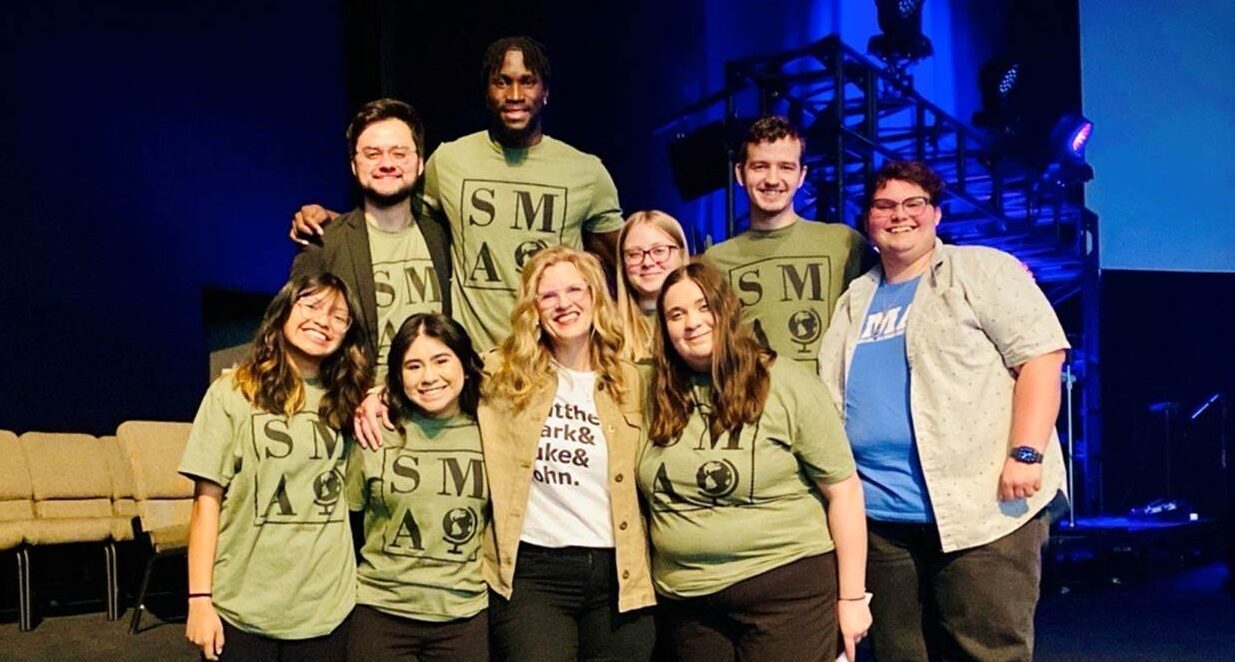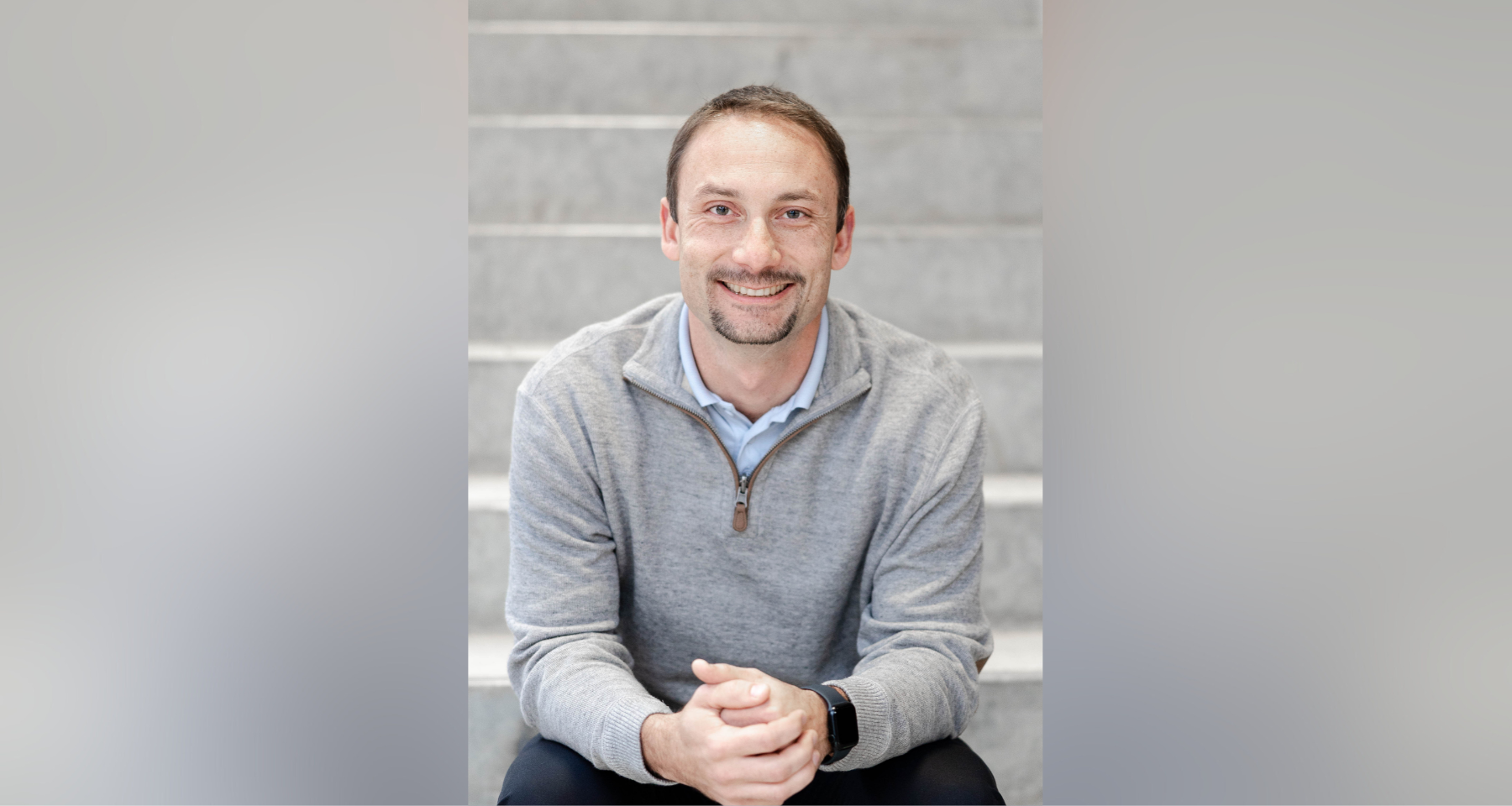Waxahachie, TX
November 20, 2019 | Andrew Hurst
What enables a student to excel in the classroom? Outside of environmental factors and a proper support system, scholars agree that certain capabilities are vital to academic success especially if one progresses into college learning. Skills such as critical thinking and information literacy are regarded as integral components of academic performance. But, are these standalone skills or do these two work together and if so, to what extent?

In researching answers to these questions, Shelly McMullin, Ph.D., who serves as the Director of Institutional Research at Southwestern Assemblies of God University (SAGU) recently completed her dissertation, The Correlation Between Information Literacy and Critical Thinking of College Students.
Her dissertation at the University of North Texas (UNT) was recognized in the “2019 Notable Dissertations” from American Libraries . Each year, American Libraries – the official news and features magazine of the American Library Association – highlights the top dissertations that can make a difference for rural areas, indigenous communities, people experiencing homelessness, and many other populations.
“I was surprised the ALA recognized my dissertation,” said Dr. McMullin. “When you do doctoral studies, you realize that there are a lot of intelligent people all over the world doing creative and important work that you have to admire and want to aspire to.”
“I understood from the start that my dissertation was just a drop of knowledge in a very big ocean, but I am hopeful that through the recognition of the ALA someone will take that drop and use it to take the research to the next level even if I cannot.”
Dr. McMullin explained that her interest in this subject was cultivated through her many years of serving in higher education witnessing the impact of critical thinking in the classroom.
“The ability to think critically about a variety of issues is the defining feature of a liberal arts education. If liberal arts institutions are not teaching their students to think critically, they are providing a deficient education and should really reconsider their mission.”
While information literacy and critical thinking are believed to be essential tools in the classroom, little evidence supports this proposition. So, in 2015, she set out with the intention of observing the critical thinking skills and information-seeking behavior of college students and later, switched her focus to specifically finding correlations between information literacy skills and critical thinking skills.
She decided on a mixed-methods approach to study the differences as well as to study gender differences that might occur within each skill set. In addition to surveys, scores from two standardized tests—the California Critical Thinking Skills Test (CCTST) and the Standardized Assessment of Information Literacy Skills (SAILS) —were analyzed, along with student survey results.
“The data analysis part was the most interesting for me,” said Dr. McMullin. “Though I had general thoughts about what may happen with the scores and subskill scores, some of the correlations seemed to bring to light deep cognitive processes about how humans adapt and problem-solve in unfamiliar situations.”
Between the CCTST and the SAILS standardized tests, she found that students generally performed better on the CCTST even though it is considered more difficult. Her results show a correlation between the tests, providing evidence that information literacy skills and critical-thinking skills may be inherently related in some categories. “There was a positive, moderate correlation and a moderate effect size,” she says.
Being an exploratory study, Dr. McMullin emphasized that this dissertation is simply a starting point. In an age where students have more immediate access to resources and information than ever before, she believes further study of this subject can play a critical role in the future of academia.
“The most urgent use of this information would be the continued exploration of and instruction in these skills in educational settings to mitigate the effects of a digital information environment where disinformation and misinformation is not always recognizable. More research should be done as to how epistemological development affects critical thinking and information literacy skill growth from high school through early adulthood. This would be particularly useful in a faith-based environment where epistemological development models can be somewhat more complex.”
To view Dr. McMullin’s recognition in American Libraries, click here .
As a leading Christian university, SAGU educates and prepares individuals who want to serve Christ and others. SAGU helps students discover and develop their God-given callings in a Spirit-empowered, learning community.
We believe in affordable tuition, made possible in part through the financial support of donors who embrace the mission of SAGU and the importance of affordable, accredited programs to train Christians for leadership in ministry, business, education, and service.
Most majors are available in-person in Waxahachie, TX, and online through a wide range of associate, bachelor’s, master’s, and doctoral degrees.



